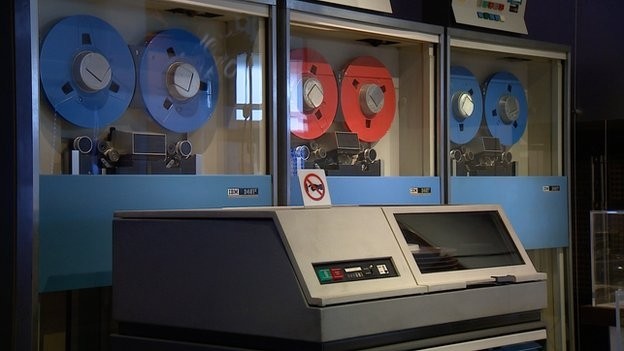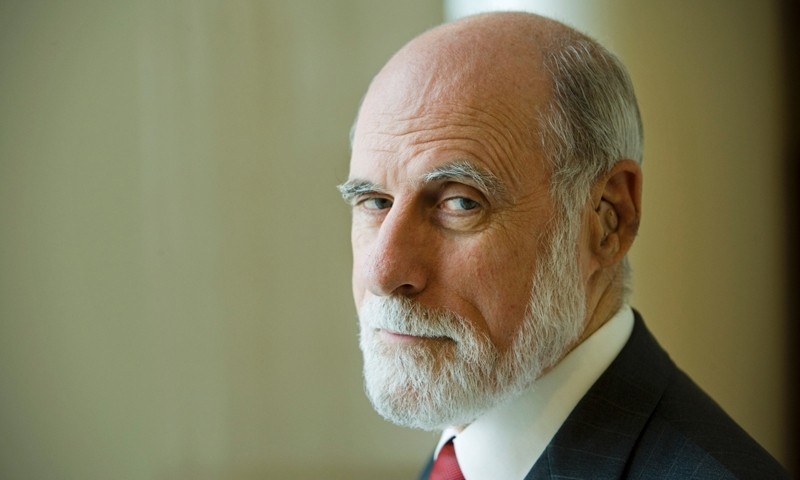Vint Cerf, often described as the Father of the Internet, believes we may be on the fast track to a digital Dark Age as a result of our heavy reliance on rapidly-changing technology.
During a recent speaking engagement at the annual American Association for the Advancement of Science conference, Google's vice president and chief Internet evangelist correctly highlighted the fact that much of our lives, our memories and our most cherished family photos now exist as bits of information on a hard drive or in the cloud (which is still just a hard drive somewhere in a data center).
We've been taught to digitize our old media for preservation purposes. We now snap photographs with digital cameras. Newspapers and magazines are slowly disappearing. We now send e-mails, text messages and tweets instead of written correspondence. Everything - even driver's licenses - is moving to digital formats. And that's quite an ironic problem, according to Cerf.

As technology continues to evolve at breakneck speeds, it's entirely likely that future generations will have a huge repository of our digital data. The problem is that they won't have any way to access it as future technology may not be compatible with the standards we use today.
It makes perfect sense when you think about it. Just look at something as trivial as video games, for example. Many of the games from years ago are no longer compatible with modern hardware and software and the ones that do still work are usually buggy at best. What's more, information stored on floppy disks (and more recently, optical discs) is becoming increasingly more difficult to access for the simple fact that the hardware to access them is no longer common.
Now imagine what would happen if the Internet and all of our digital data disappeared. We'd stand to lose an awful lot of our history, Cert said.

Much work needs to be done now to preserve our digital lives. Researchers at Carnegie Mellon University have created a system that can take a digital snapshot of a computer's hard drive running different software programs and emulate it on another system. This allows the otherwise defunct files to remain usable.
There's a lot we can do in our personal lives as well. As a good first step, Cert suggests printing out photos that you really care about for future generations.
